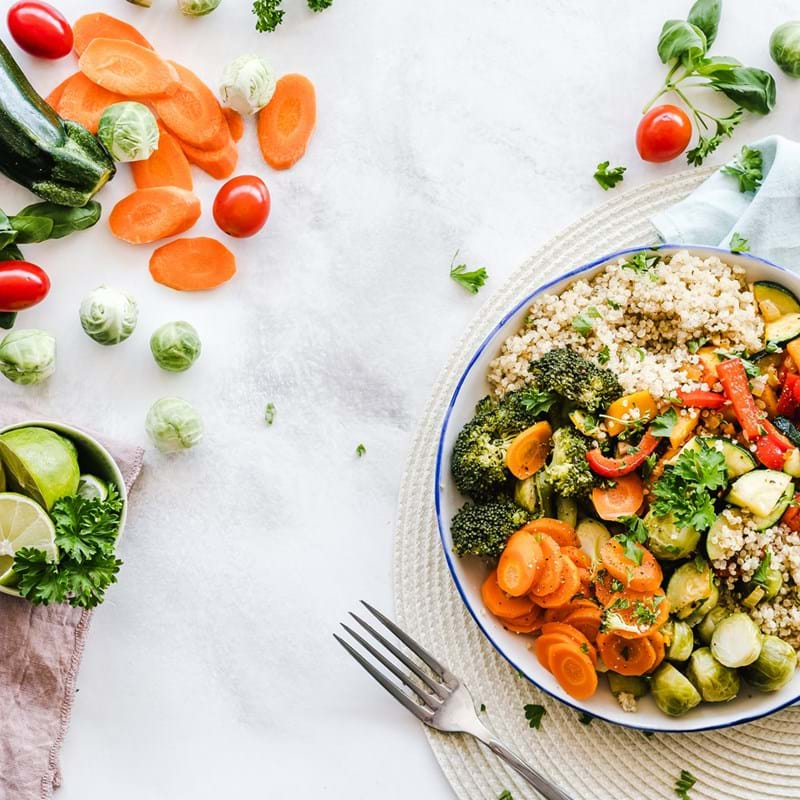Jan 31 2023
With prices increasing at the supermarket check-out, how can we get the most value for money without compromising our health?
The Ministry of Health recommends eating at least five servings of vegetables and two servings of fruits daily. You’ll also need to eat from each of the other food groups below to get a rounded nutritional diet:
- grains
- milk and milk products
- protein-rich foods such as legumes, nuts, seeds, fish, eggs, poultry, or red meat with the fat removed).
So, the question becomes which of these groups are most cost-effective, and how can you prepare these foods in a way that is both delicious and nutritious?
To get the most for your money when it comes to fruits and vegetables, buying in season, buying frozen and buying tinned will serve your wallet well. Shona Gomes, Registered Dietitian at NZ Nutrition Foundation, expands on this, saying, “From a health perspective, if using tinned veg look for no added salt versions and choose fruits soaked in juice rather than syrup.”
And with cheese being the often-quoted most expensive food item on the shelves currently, Shona suggests buying home brands, and if you have freezer space, did you know you can freeze cheese? Simply grate it, freeze it and then add it to your meals when cooking. “But if you’re limited for freezer space, then buying smaller packs makes more sense as it prevents food waste, which is another big money sink!”
And if you’re needing inspiration for what to cook, there are plenty of resources online. If you’re looking for in-person guidance, the Puāwai Kai nutrition and wellbeing programme, based out of Canterbury, offers a free 8-week course on how to cook nourishing, budget-friendly food. Or the Nutrition Foundation’s website offers recipes and individual meal plans for one or two people.
There are, of course, plenty of thrifty ways to source food, whether that’s by sharing with your neighbour and buying in bulk and splitting the cost or swapping homegrown fruit and veges.

Staying connected with those around you and offering to share food is enriching in more ways than one, says Shona.
If you think you might be going short of any nutrients, or want to avoid eating any specific foods, ask your doctor, registered nutritionist or dietitian for advice. Or for more information, go to nutritionfoundation.org.nz
This article is informational only and should not be considered medical advice.
